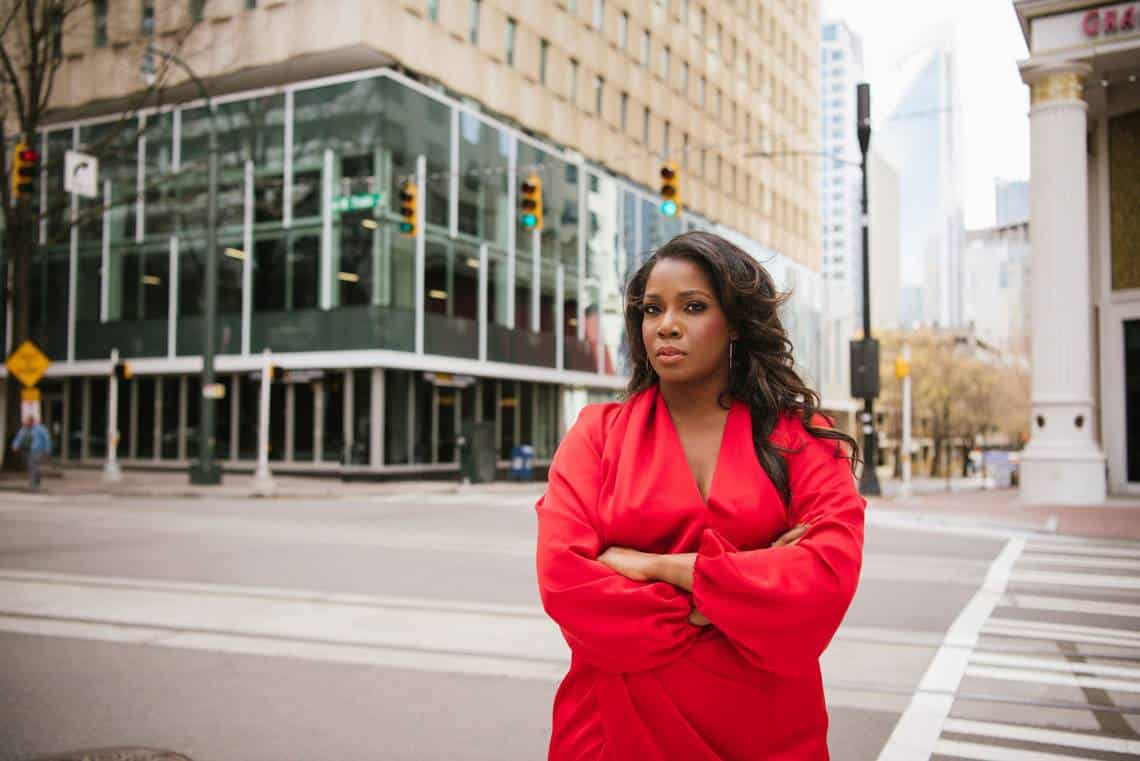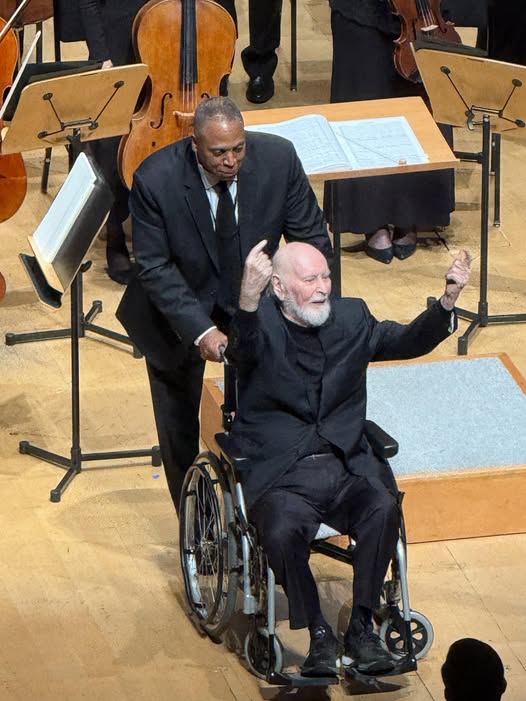What the BBC tells viewers who complain about classical cuts
NewsHere’s the standard sod-off letter, replete with factual inaccuracies and grammatical errors.
Dear Audience Member
Thanks for contacting us.
We recognise that some English orchestras.
We recognise that some of our audience will be disappointed about the proposed closure to the BBC Singers and reduction of the salaried roles in the BBC’s orchestras.
These proposals formed part of our wider strategy for classical music, announced on the 7th March. That has a focus on modernising the orchestras, performing in more venues across the UK and doubling our investment in music education.
The BBC, as the biggest commissioner of music and one of the biggest employers of musicians in the country, has a vital part to play in the British classical landscape and always will. We consulted widely as part of the BBC’s classical review, which looked at the classical music sector and the BBC’s role within it, and set out the findings last year. We also confirmed we were looking to reduce licence fee funding for our Performing Groups. With a flat license fee, and high inflation, we have had to look at where we can save money.
Taking the very difficult decision to close the BBC Singers does mean we will be able to work with and feature a wider range of independent choirs, bringing more varied programming to our audiences, wherever they are in the UK. We will also establish a nationwide choral development programme which will be based at the new BBC Music Studios, in East London, from 2025. We have to evolve, ensuring the way we operate is sustainable and efficient. We believe these steps are the right ones to take to ensure the future success of our role in the sector.
We believe this new strategy will help us reach a wider audience for classical music. We will champion the distinctiveness of each of our five orchestras and be able to perform a wider range of music to a larger audience. Our improved education offer, which includes doubling our spend on musi education, aims to be available to every school-age child in the UK, cementing the bBC as one of the leading forces in music education and building a new audience for classical music.
We do value audience feedback. All complaints are sent to senior management and we’ve included your points in our overnight report. These reports are among the most widely read sources of feedback and ensures (sic) that your concerns have been seen by the right people.
Thanks again for getting in touch.
BBC Complaints Team
www.bbc.co.uk/complaints






Comments